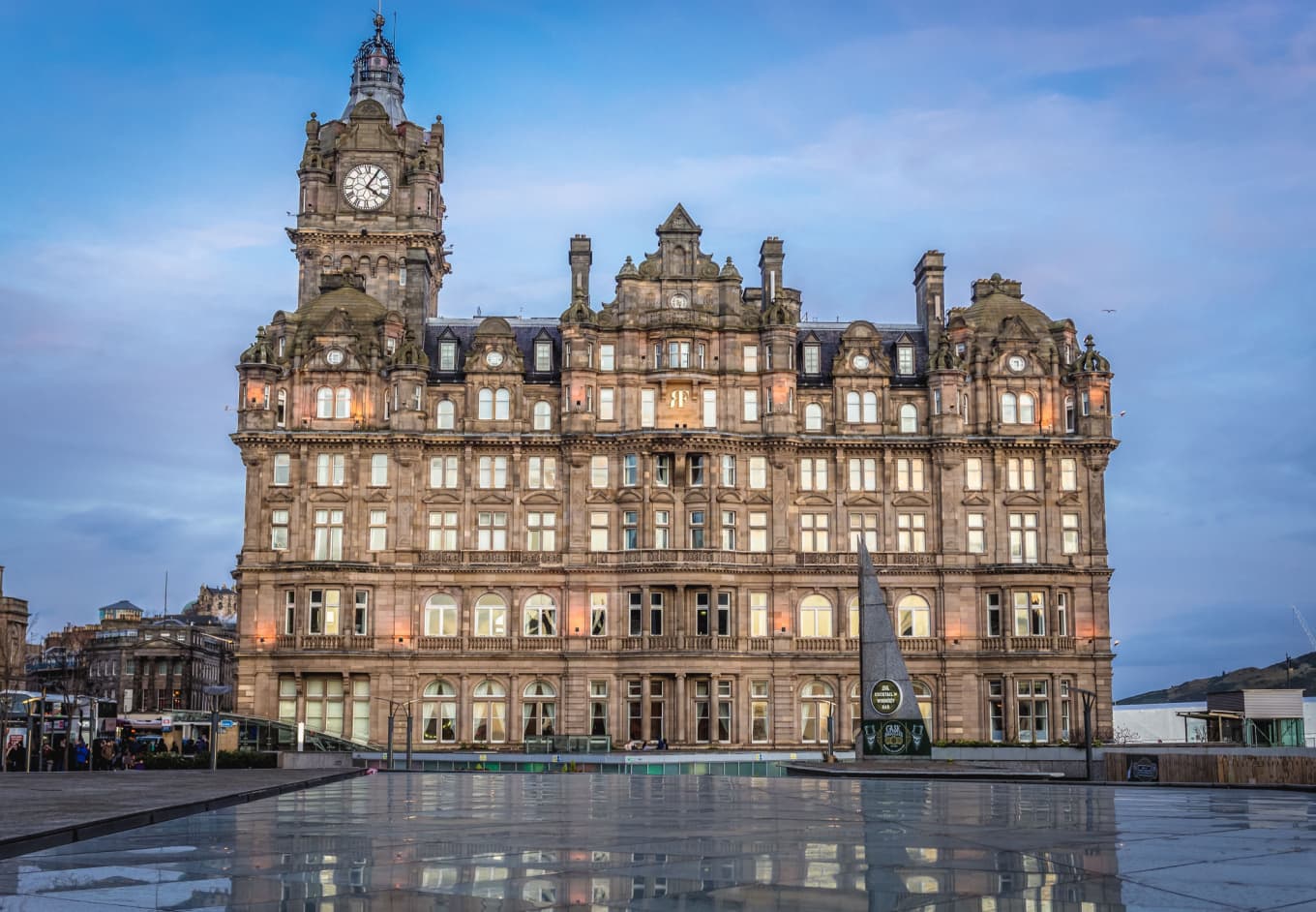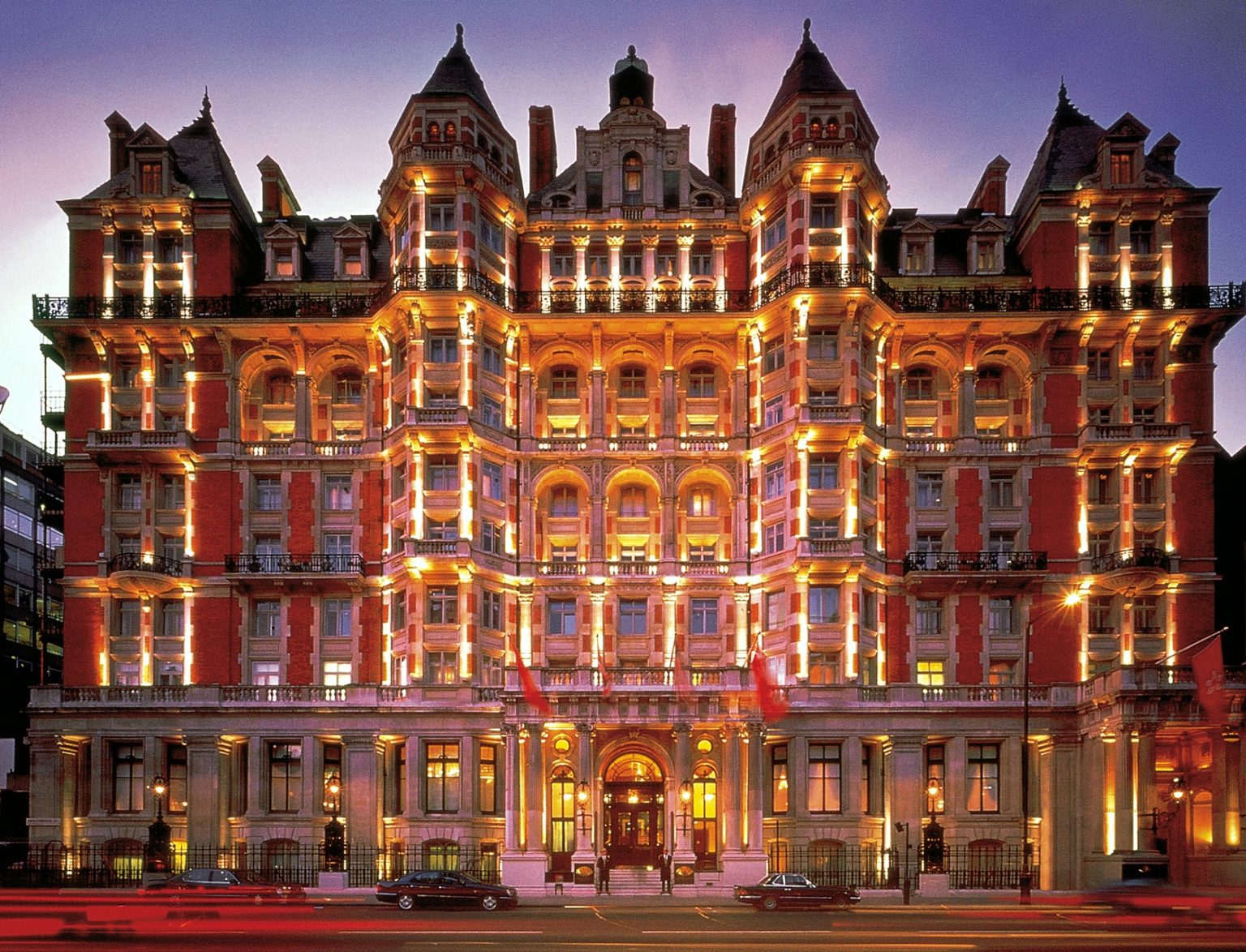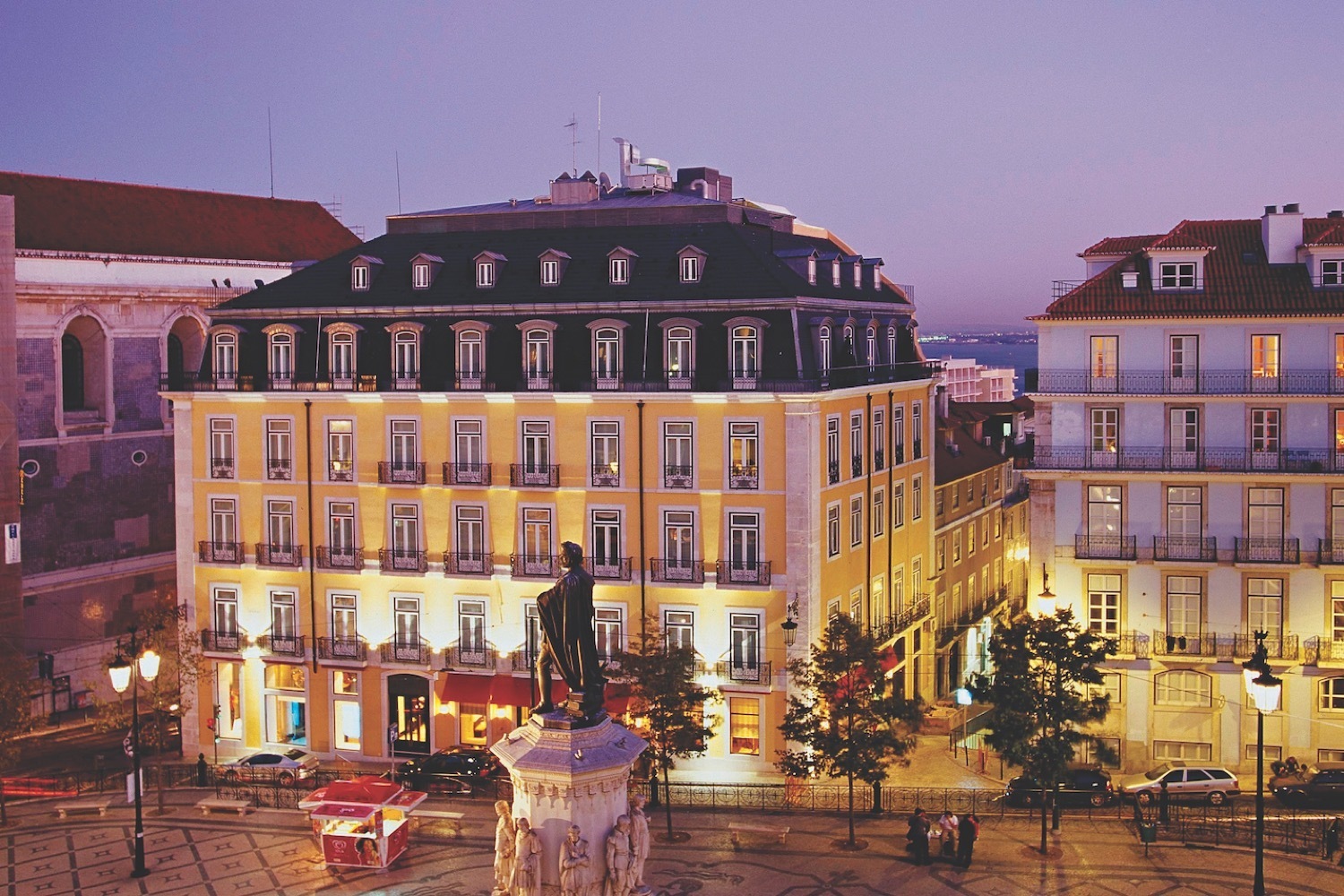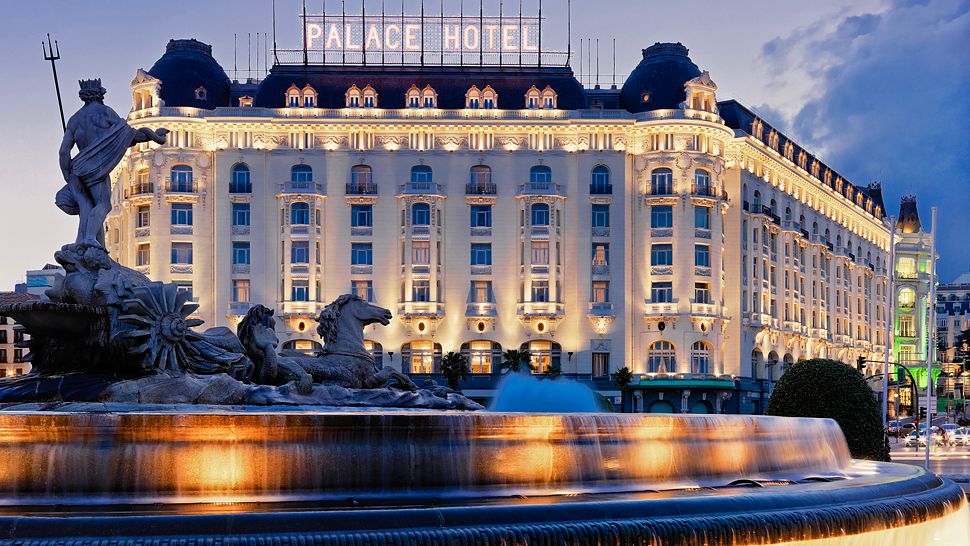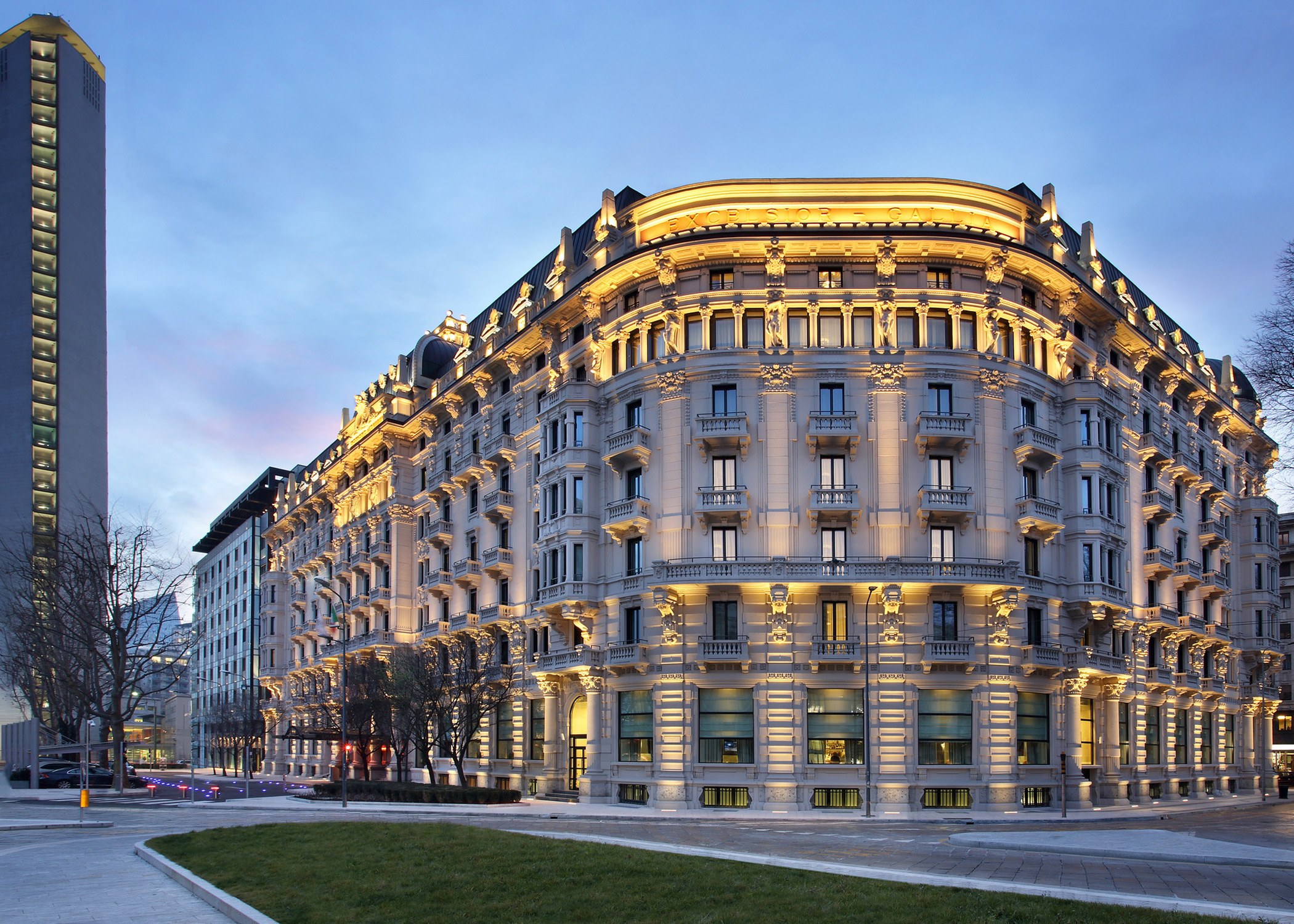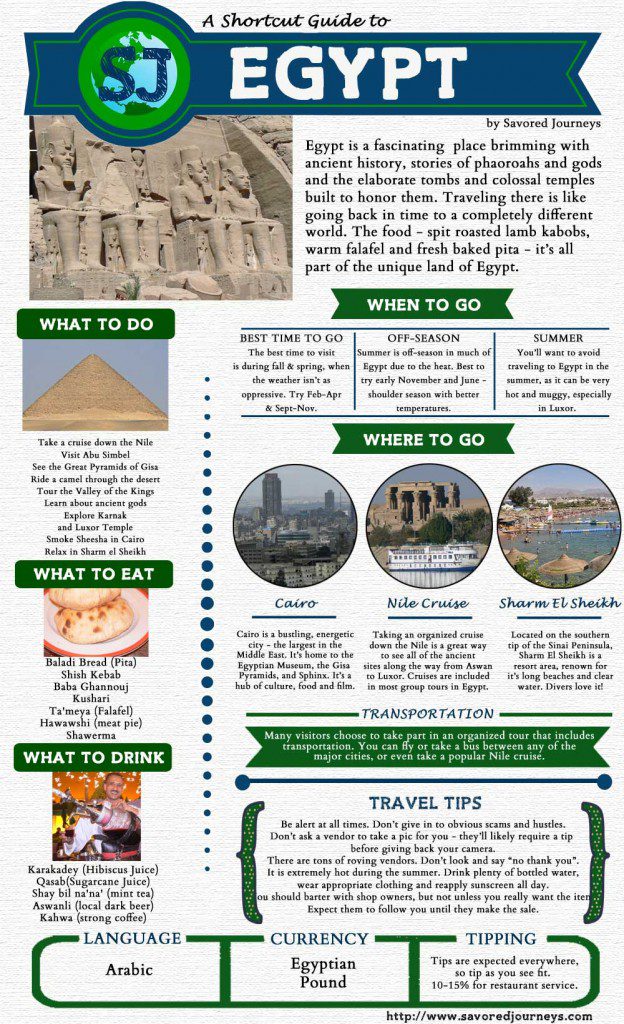
Egypt, the land where ancient pharaohs built empires and monumental testaments to their gods, continues to captivate the imaginations of travelers worldwide. A cradle of civilization, this North African nation offers an unparalleled journey through history, mystery, and vibrant culture. From the colossal pyramids guarding secrets of millennia to the serene flow of the Nile, from bustling souks to the tranquil beauty of the Red Sea, Egypt is an intoxicating blend of the past and the present, promising an adventure that etches itself into the soul.
This comprehensive guide invites you to explore the myriad facets of Egypt, equipping you with the knowledge to navigate its wonders, understand its rich tapestry, and create an unforgettable itinerary.
A Glimpse into Egypt’s Storied Past
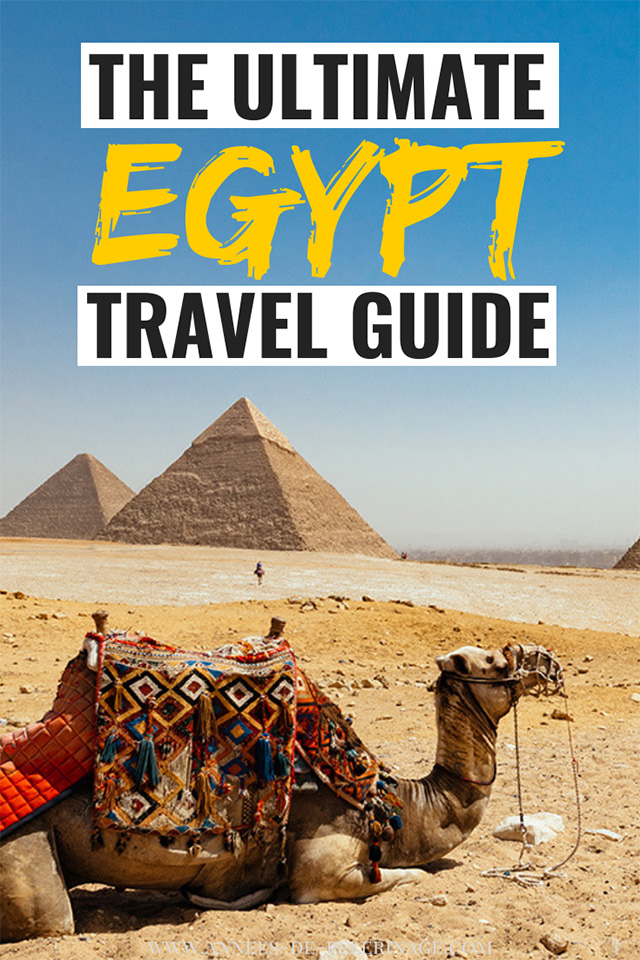
Related Articles about Egypt: A Journey Through Timeless Wonders:
- Argentina: A Tapestry of Wonders – Your Ultimate Travel Guide
- Unveiling the Hygge: A Traveler’s Guide to Denmark
- The Netherlands: A Journey Through Windmills, Canals, and Centuries of Charm
- A Journey Through Enchantment: Your Ultimate Travel Guide to Malaysia
- The Emerald Isle Beckons: Your Comprehensive Travel Guide to Sri Lanka
Egypt’s history is as vast and intricate as the hieroglyphs adorning its temple walls. Spanning over 5,000 years, its narrative begins in the fertile crescent of the Nile Valley, where early settlements evolved into one of the world’s first great civilizations.
The Pharaonic Era (c. 3100 – 30 BCE) is the most iconic, characterized by the unification of Upper and Lower Egypt under King Menes, the construction of the Great Pyramids during the Old Kingdom, the literary and artistic golden age of the Middle Kingdom, and the powerful New Kingdom pharaohs like Tutankhamun, Ramesses II, and Hatshepsut, who expanded the empire and built colossal temples. This era left an indelible mark, shaping the very landscape and identity of Egypt.
Following the decline of the pharaohs, Egypt fell under Greco-Roman rule, most notably with Alexander the Great’s conquest in 332 BCE and the subsequent Ptolemaic dynasty, culminating in Cleopatra VII. Alexandria became a beacon of learning and culture. The Romans then annexed Egypt after Cleopatra’s defeat, integrating it into their vast empire.
The arrival of Islam in the 7th century CE marked a profound shift, transforming Egypt into a major center of Islamic learning and power under various caliphates and dynasties, including the Fatimids, Ayyubids, and Mamluks. Cairo flourished, adorned with magnificent mosques, madrasas, and citadels.
Later, Egypt became part of the Ottoman Empire for several centuries, followed by a period of British colonial influence in the late 19th and early 20th centuries. Egypt finally gained full independence in 1952, ushering in its modern era.
This layered history is not confined to museums; it breathes through every ancient stone, every bustling market, and every face you encounter, making a visit to Egypt a journey through time itself.
Unveiling Egypt’s Top Attractions
Egypt’s monumental heritage is scattered across its vast landscape, with each region offering distinct wonders.
1. Cairo & Giza: The Gateway to Antiquity

- The Pyramids of Giza & The Sphinx: No trip to Egypt is complete without standing in awe before these colossal structures. The Great Pyramid of Khufu, the Pyramid of Khafre, and the Pyramid of Menkaure, alongside the enigmatic Great Sphinx, are the last remaining wonders of the ancient world. You can explore the Giza Necropolis on camelback or on foot, and even venture inside some of the pyramids.
- The Egyptian Museum (and the Grand Egyptian Museum – GEM): Currently housing an unparalleled collection of ancient Egyptian artifacts, including the treasures of Tutankhamun, the Egyptian Museum in Tahrir Square is a must-visit. The highly anticipated Grand Egyptian Museum (GEM), located near the Giza Pyramids, is set to become the world’s largest archaeological museum, promising an even more immersive experience.
- Khan el-Khalili Bazaar: Lose yourself in the labyrinthine alleys of this historic market, a sensory overload of spices, perfumes, intricate jewelry, handcrafted goods, and the ubiquitous shisha cafes. It’s a fantastic place to practice your bargaining skills and soak in the local atmosphere.
- Islamic Cairo: Explore the Citadel of Salah al-Din, home to the magnificent Mosque of Muhammad Ali, offering panoramic views of the city. Wander through the atmospheric streets, discovering historic mosques, madrasas, and traditional houses.
- Saqqara & Memphis: A short drive from Giza, Saqqara is home to the Step Pyramid of Djoser, the world’s oldest stone building, a precursor to the Giza pyramids. Nearby Memphis, the ancient capital, offers colossal statues and ruins.
2. Luxor: The World’s Greatest Open-Air Museum
Once ancient Thebes, Luxor is arguably the richest archaeological site in the world.
- Karnak Temple Complex: A sprawling city of temples, chapels, pylons, and obelisks, Karnak is dedicated primarily to the god Amun-Ra. Its Hypostyle Hall, with 134 massive columns, is an awe-inspiring sight.
- Luxor Temple: Beautifully illuminated at night, Luxor Temple is an elegant complex dedicated to the rejuvenation of kingship. It’s connected to Karnak by an ancient avenue of sphinxes, parts of which are still being excavated.
- Valley of the Kings: The burial ground for New Kingdom pharaohs, this arid valley hides over 60 known tombs, including that of Tutankhamun. The vivid wall paintings and hieroglyphs inside the tombs offer a glimpse into ancient Egyptian beliefs about the afterlife.
- Temple of Hatshepsut (Deir el-Bahari): Dedicated to one of Egypt’s few female pharaohs, this stunning mortuary temple is carved into a cliff face, a masterpiece of ancient architecture.
- Colossi of Memnon: Two massive stone statues of Pharaoh Amenhotep III stand sentinel on the West Bank, remnants of his mortuary temple.
3. Aswan: Nubian Charm and Nile Tranquility
Aswan is Egypt’s most tranquil southern city, known for its beautiful Nile vistas, unique Nubian culture, and archaeological sites.
- Philae Temple: Dedicated to the goddess Isis, this stunning temple was relocated stone by stone to Agilkia Island to save it from the rising waters of the Aswan High Dam. A beautiful boat ride takes you to its majestic gates.
- Aswan High Dam: A modern marvel of engineering, the dam created Lake Nasser, one of the world’s largest artificial lakes, and had a profound impact on Egypt’s agriculture and power supply.
- Unfinished Obelisk: Located in an ancient granite quarry, this massive obelisk, if completed, would have been the largest ever carved. Its abandonment offers fascinating insights into ancient stone-cutting techniques.
- Nubian Village: Take a felucca (traditional sailboat) ride to a colorful Nubian village, where you can experience local culture, enjoy traditional food, and buy handicrafts.
4. Abu Simbel: Ramesses the Great’s Masterpiece
A journey south from Aswan, Abu Simbel is home to two colossal rock-cut temples built by Ramesses II. Their monumental scale and intricate carvings are breathtaking, made even more remarkable by their relocation in the 1960s to save them from the rising waters of Lake Nasser.
5. Alexandria: The Pearl of the Mediterranean
Founded by Alexander the Great, Alexandria boasts a different flavor, with a Greco-Roman heritage.
- Bibliotheca Alexandrina: A striking modern library, a tribute to the ancient Library of Alexandria.
- Catacombs of Kom el-Shuqqafa: A fascinating blend of ancient Egyptian, Greek, and Roman funerary art.
- Qaitbay Citadel: Built on the site of the ancient Lighthouse of Alexandria (Pharos), offering views over the Mediterranean.
6. Red Sea Riviera: Sun, Sand, and Diving
For a change of pace, Egypt’s Red Sea coast offers world-class diving and snorkeling, vibrant coral reefs, and luxurious resorts. Popular destinations include Sharm el-Sheikh, Hurghada, and Dahab, perfect for relaxation after an archaeological adventure.
Navigating the Land of Pharaohs: Transportation
Getting around Egypt can be an adventure in itself, with various options catering to different budgets and travel styles.
- Flights: Domestic flights are the quickest way to cover long distances between major cities like Cairo, Luxor, Aswan, and the Red Sea resorts. EgyptAir is the national carrier.
- Trains: Egypt’s railway network connects most major cities. The overnight sleeper train between Cairo and Luxor/Aswan is a popular choice, offering a comfortable way to travel while saving on accommodation. Regular seated trains are also available.
- Nile Cruises: A quintessential Egyptian experience, 3- to 7-night Nile cruises between Luxor and Aswan are a fantastic way to see many major temples and tombs, offering relaxation and convenience.
- Buses: Long-distance buses are a more budget-friendly option, connecting cities and towns across the country. Go Bus and Blue Bus are reputable companies.
- Taxis & Ride-Sharing: In major cities like Cairo and Alexandria, taxis are plentiful. Ensure you agree on a price before starting the journey or insist on the meter. Ride-sharing apps like Uber and Careem are highly recommended for their convenience and fixed pricing.
- Private Drivers/Tours: For flexibility and comfort, especially when visiting multiple sites in a day, hiring a private driver or joining an organized tour group is a popular choice.
Where to Rest Your Head: Accommodation Options
Egypt offers a diverse range of accommodation, from luxurious international chains to charming boutique hotels and budget-friendly hostels.
- Luxury: Major cities and resorts boast 5-star hotels by brands like Four Seasons, Marriott, Hilton, and Sofitel, often featuring stunning Nile views or private beaches. Historic palaces like the Mena House Oberoi near the Pyramids offer an opulent experience.
- Mid-Range: A vast selection of 3- and 4-star hotels provides comfortable stays with good amenities. You’ll find boutique hotels in Cairo’s Zamalek district, and well-appointed options in Luxor and Aswan.
- Budget: Hostels and guesthouses are available in major tourist hubs, offering affordable lodging, often with a friendly atmosphere and opportunities to meet fellow travelers.
- Nile Cruise Ships: These range from standard to luxury, effectively serving as floating hotels that transport you between Luxor and Aswan, with stops at temples along the way.
- Unique Stays: Consider eco-lodges in oases like Siwa, or traditional guesthouses in Nubian villages for a more authentic cultural immersion.
When to Journey to Egypt: Best Time to Visit
The best time to visit Egypt largely depends on your tolerance for heat and crowds.
- October to April (Peak Season): This is generally considered the ideal time to visit. The weather is pleasantly warm and sunny, making it perfect for sightseeing. However, this also means higher prices and larger crowds at popular attractions.
- May & September (Shoulder Season): The temperatures start to rise in May and are still quite hot in September, but it’s more bearable than the summer months. You’ll encounter fewer crowds and potentially better deals on flights and accommodation.
- June to August (Off-Peak/Summer): Egypt experiences extreme heat during these months, with temperatures often exceeding 40°C (104°F), especially in Upper Egypt (Luxor, Aswan). While prices are at their lowest, sightseeing can be challenging due to the intense sun. If you do travel during this time, plan activities for early mornings and late afternoons, and spend the midday by a pool or in air-conditioned spaces.
Special Considerations:
- Ramadan: If your visit coincides with Ramadan, be aware that many restaurants and cafes may have altered opening hours during the day, though they come alive after sunset. It’s a time of spiritual reflection, and consuming food or drink in public during fasting hours is generally frowned upon.
- Religious Holidays: Major Islamic holidays like Eid al-Fitr and Eid al-Adha can impact travel, as many businesses close and transportation can be crowded.
Essential Travel Tips for a Smooth Journey
To ensure a comfortable and enriching experience, keep these practical tips in mind:
- Visa Requirements: Most nationalities require a visa. You can obtain a visa on arrival at major airports (currently USD 25, payable in cash) or apply for an e-Visa online in advance.
- Currency & Budgeting: The local currency is the Egyptian Pound (EGP). ATMs are widely available in cities. While credit cards are accepted in larger hotels and stores, cash is essential for smaller purchases, markets, and tipping. Egypt can be very affordable, but prices for organized tours and high-end accommodation can add up.
- Safety & Security: Egypt is generally safe for tourists, especially in major tourist areas. However, common sense precautions apply: be aware of your surroundings, avoid walking alone at night in unlit areas, and safeguard your valuables. It’s advisable to use reputable tour operators and guides.
- Health & Wellness: Drink only bottled water. Be cautious with street food; stick to well-cooked meals from busy establishments. Protect yourself from the sun with hats, sunglasses, and high-SPF sunscreen. Carry basic medications for upset stomachs.
- Dress Code & Cultural Etiquette: Egypt is a conservative country. For women, it’s respectful to dress modestly, covering shoulders and knees, especially when visiting religious sites. Men should also avoid overly revealing clothing. Always ask for permission before photographing people.
- Bargaining: Haggling is a customary practice in markets (souks). Start with a low offer and negotiate respectfully.
- Connectivity: Purchase a local SIM card (Vodafone, Orange, Etisalat) upon arrival for affordable data and calls. Wi-Fi is available in most hotels and cafes.
- Tipping (Baksheesh): Tipping is customary and expected for almost all services, from guides and drivers to waiters and even restroom attendants. Carry small denominations of Egyptian pounds for this purpose.
- Photography: While allowed at most sites, some tombs prohibit flash photography or require an extra fee for cameras. Drones are generally prohibited without special permits.
- Guided Tours: For historical sites, hiring a licensed Egyptologist guide is highly recommended. Their expertise will bring the ancient ruins to life and offer invaluable context.
Conclusion
Egypt is more than just a destination; it’s an experience that transcends time, a journey into the heart of human ingenuity and spiritual devotion. From the colossal grandeur of the pyramids to the intimate details of a pharaoh’s tomb, from the vibrant pulse of Cairo to the serene beauty of the Nile, Egypt promises to ignite your sense of wonder and leave an indelible mark on your memory. Prepare to be enchanted, educated, and utterly amazed by the timeless allure of the land of the pharaohs. Your Egyptian adventure awaits!
